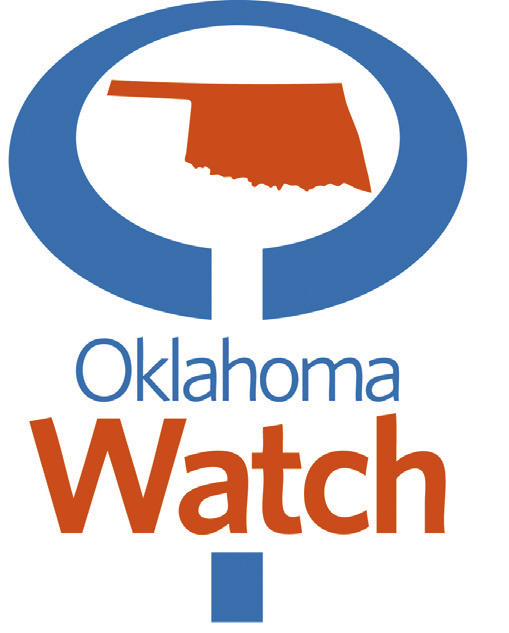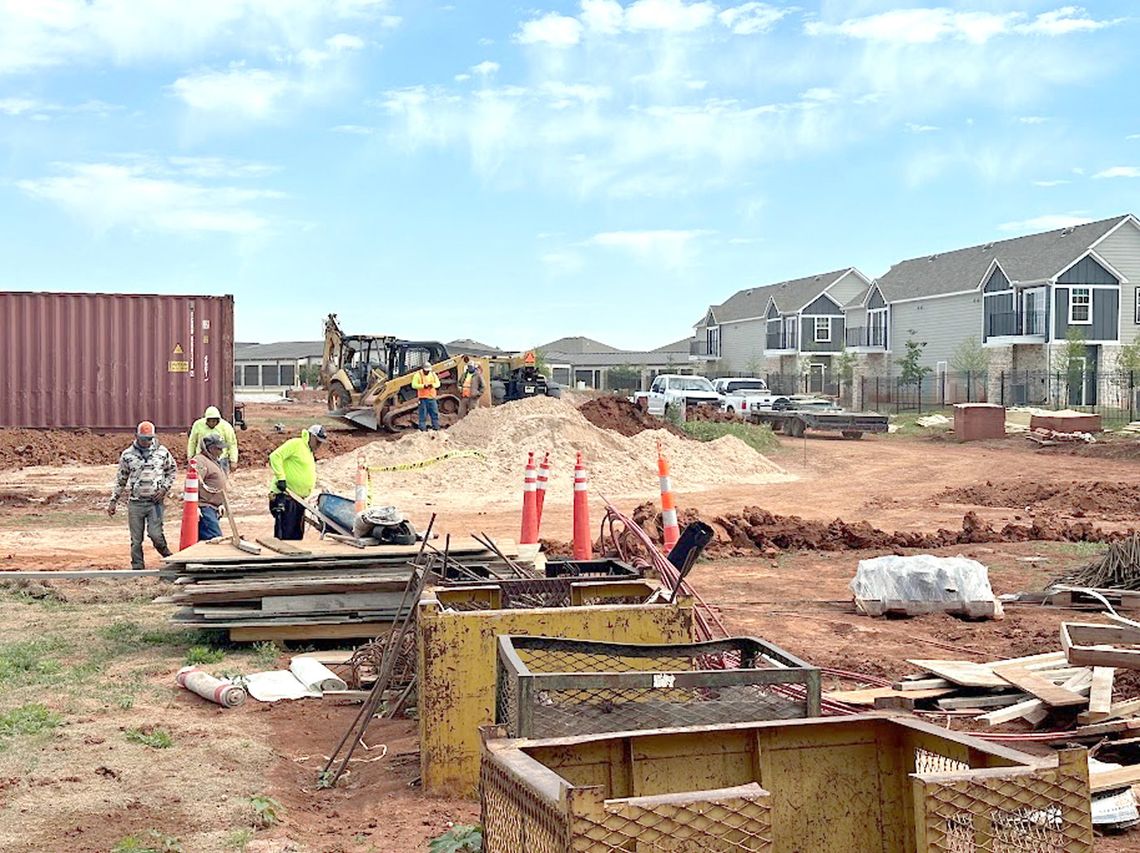Backers of an amendment to authorize municipal public infrastructure districts say the funding mechanism could spur more affordable-housing construction, but critics question the potential burden on taxpayers.
State Question 833, a legislatively referred constitutional amendment on the Nov. 5 general election ballot, proposes authorizing municipalities to create public infrastructure districts.
To qualify as a public infrastructure district, 100% of surface property owners must agree to the funding formula and present a plan to their local city council. A board of trustees would be established to oversee the district if approved.
Residents of areas designated as public infrastructure districts could be assessed an annual tax of up to $100 per $100,000 of assessed value to fund the infrastructure improvements. The trust would also have the authority to issue public bonds.
Here’s a guide on State Question 833 and how it would affect municipal development in Oklahoma:
Who supports State Question 833, and why?
Rep. Terry O’Donnell, R-Catoosa, and Sen. John Haste, RTulsa, sponsored a resolution to put State Question 833 on the ballot and debated in favor of the measures on the House and Senate floors.
O’Donnell called public inf rastructure districts the “ultimate local control” that will allow city officials to spur construction in areas developers might not otherwise be interested in. He said single property owners would be the most likely to utilize the funding mechanism.
“The cities have control over these local districts in awarding them, and the people who move into them pay the additional bonds,” O’Donnell said. “Nobody else pays the additional bonds.”
Haste said public infrastructure districts could take pressure off cities and towns and allow faster development.
“Particularly in areas with a lot of growth, this is a way to support cities to build more houses,” he said.
Who opposes State Question 833, and why?
In the House, a mix of fiscally conservative Republicans and Democrats voted against SJR16. In the Senate, six Republicans and one Democrat voted no on the resolution.
Rep. Andy Fugate, D-Oklahoma City, posed the hypothetical that a developer could push to establish a public infrastructure district in a highend housing district and then sell the property at a substantial profit. He also said residents of public infrastructure districts could be more hesitant to support bond measures for public schools.
“This really is the triple crown of bad policy,” Fugate said. “If you vote for this, it’s a vote for more taxes, it’s a vote that will hurt your public schools, and it is a vote that will put taxpayer dollars into the pockets of developers that will pay and then leave.”
Does State Question 833 require developers to build affordable housing?
Local municipalities could impose that as a requirement for public infrastructure district proposals.
If State Question 833 is enacted, who would oversee public infrastructure districts?
The text of the measure states that a Board of Trustees would have authority over the public infrastructure district, but does not specify duties or appointment requirements.
Does State Question 833 specify what qualifies as public infrastructure?
No, but lawmakers could narrow the definition in subsequent legislation should voters approve the amendment.
Is anyone spending money to sway voters on State Question 833?
As of Oct. 16, no individual or organization has reported spending on State Question 833, according to Oklahoma Ethics Commission filings. Pre-election spending reports are due on Oct. 28.
“Oklahoma Watch, at oklahomawatch. org, is a nonprofit, nonpartisan news organization that covers public-policy issues facing the state.”
Supporters say the financing mechanism could spur housing development while critics question the potential burden on taxpayers.




